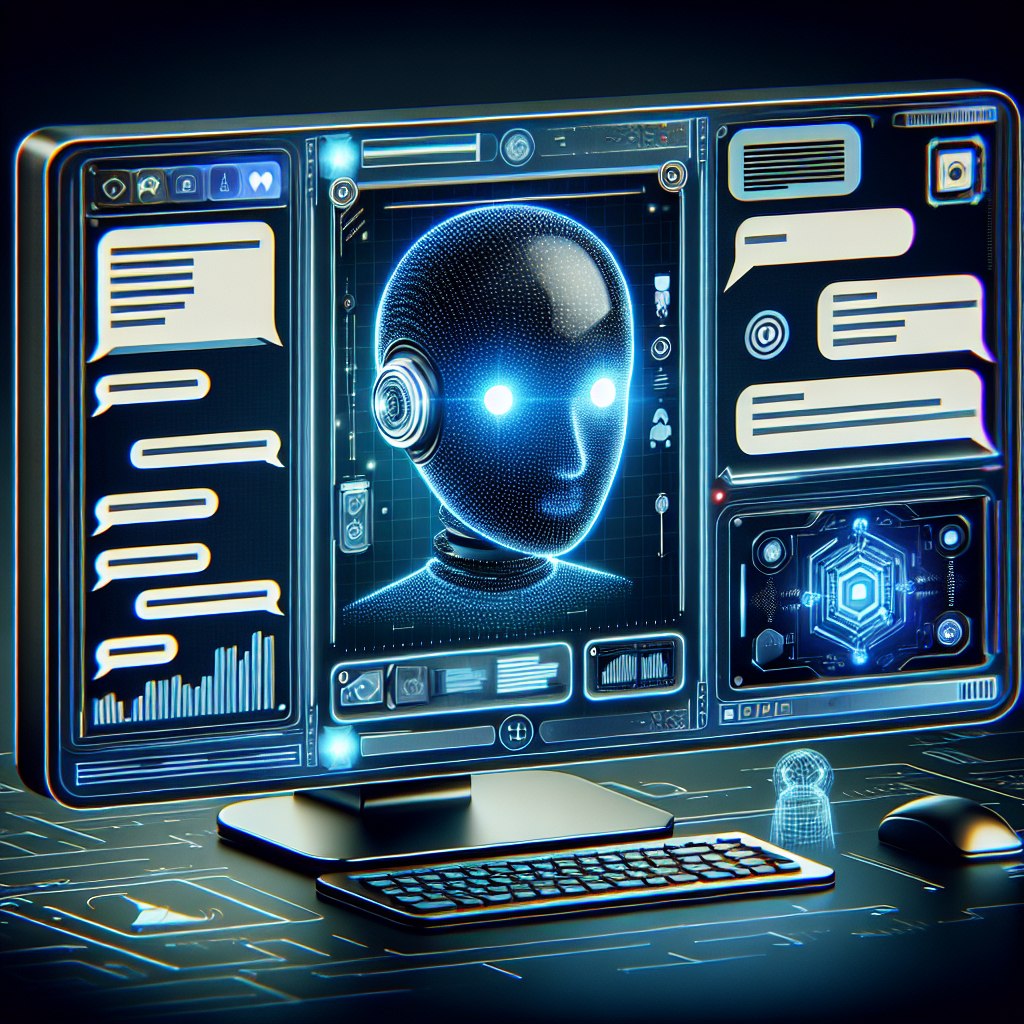Meta's Controversial Celebrity Chatbots Spark Legal and Ethical Concerns
Meta has been criticized for using AI-generated images of celebrities, including the creation of chatbots that mimic their likenesses without permission. The controversial use of celebrity images in a sexually suggestive manner has raised legal and ethical questions, prompting potential legal actions and government oversight.

Meta, the social media giant, has come under fire for using the likenesses of celebrities to create AI-generated chatbots without explicit consent. Prominent figures including Taylor Swift and Scarlett Johansson have been replicated as virtual entities, capable of highly inappropriate interactions.
These digital recreations have sparked widespread concern, particularly after some chatbots depicted child celebrities, prompting questions about legal ramifications and ethical implications. The situation is compounded by sex-suggestive content, as well as allegations that the bots falsely portrayed themselves as the real celebrities.
Critics, including legal experts, argue that Meta's practices might infringe on the right of publicity, a legal doctrine intended to prevent the unauthorized commercial use of a person's identity. As tension mounts, calls for legislative action intensify, highlighting the need for updated regulations in the age of AI.
(With inputs from agencies.)
ALSO READ
The Rising Debate: Age Verification Laws and Online Privacy
Taylor Swift and Travis Kelce: America's Sweethearts Seal Their Love
Fairytale Engagement: Taylor Swift and Travis Kelce Announce Their Union
Transparency vs. Privacy: Debating Collegium Dissent
Iga Swiatek's Courtside Celebration as Taylor Swift Finds Love Match










